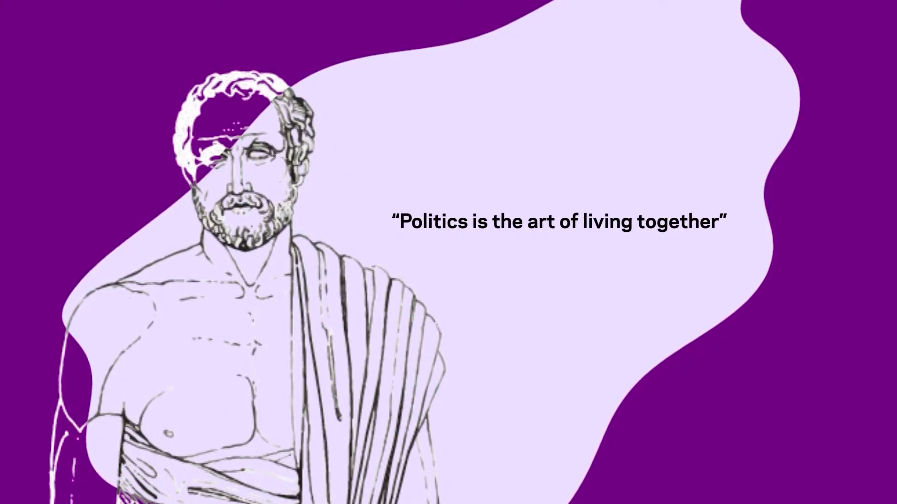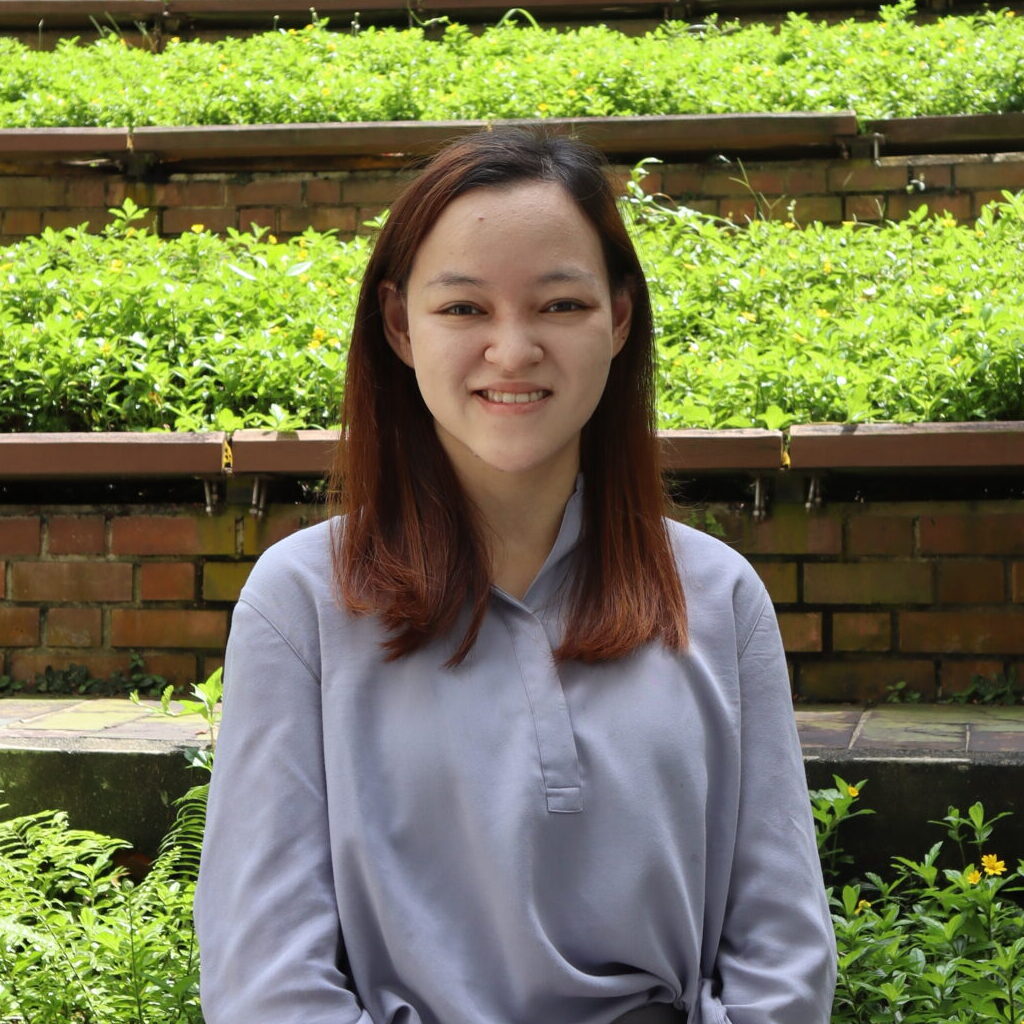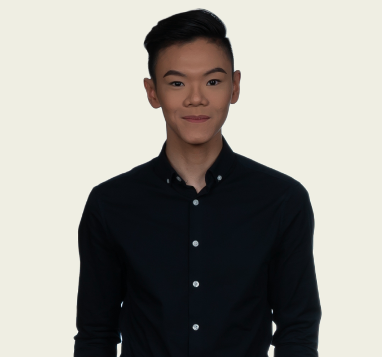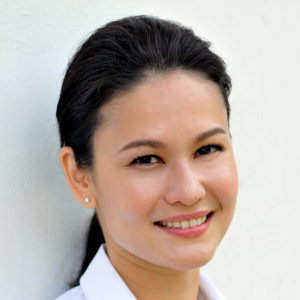Why Political Science?
Political Science seeks to understand the practice of politics and the exercise of power from domestic, international, and comparative perspectives. We address some of the fundamental problems facing human society: war and peace, authoritarianism and democracy, economic development and inequality, and environment degradation. We do so by examining political ideas, ideologies, institutions, policies, processes, and behaviour, as well as groups, socio-economic classes, governments, diplomacy, law and strategy.
A major in Political Science here at the National University of Singapore (NUS) offers well-rounded training in social science. Apart from learning about Singapore, Asia and the world, our curriculum focuses on critical thinking and writing, research and analysis, methodology, and ethical reasoning.

Curriculum
Single Major [B.Soc.Sci. (Hons)]
Pass at least 60 units of PS courses or PS-recognised courses which include the following:
- PS1101E
- PS3257
- A minimum of ONE* course from the following (Singapore Politics):
- PS2249 (CP)
- PS2244 (GPP)
- PS3249 (IR)
- PS3273 (CP)
- A minimum of ONE course from each of the following subfields:
- Comparative Politics (CP)
- International Relations (IR)
- Political Theory (PT)
- Governance and Public Policy (GPP)
- A minimum of 16 units of 3000-level courses
- A minimum of 20 units at level-4000 or higher and
- A maximum of 1 level-5000 PS course (subject to department's approval)
- A minimum of 52 units in PS-coded courses (including PS3257)
*The above may be used to fulfill requirement 4.
Second Major
Pass at least 40 units of PS courses or PS-recognised courses which include the following:
- PS1101E
- PS3257
- A minimum of ONE* course from the following (Singapore Politics):
- PS2249 (CP)
- PS2244 (GPP)
- PS3249 (IR)
- PS3273 (CP)
- A minimum of ONE course from each of the following subfields:
- Comparative Politics (CP)
- International Relations (IR)
- Political Theory (PT)
- Governance and Public Policy (GPP)
- A minimum of 16 units at level 3000 or higher**
- A minimum of 20 units in PS-coded modules (including PS3257)
* The above may be used to fulfill requirement 4.
** Students are allowed to read level-4000 modules subject to departmental approval.
Minor
Pass at least 20 units of PS or PS-recognised courses which include the following:
- PS1101E
- A minimum of ONE* course from the following (Singapore Politics):
- PS2249 (CP)
- PS2244 (GPP)
- PS3249 (IR)
- A minimum of ONE course from each of the following subfields:
- Comparative Politics (CP)
- International Relations (IR)
- Political Theory (PT)
- Governance and Public Policy (GPP)
- A minimum of 8 units of PS courses at level-3000 (including courses listed above).
* The above may be used to fulfil requirement 3
Job Ready
A major in Political Science here in NUS makes our students good candidates for a job in many sectors, including business, finance, journalism, consulting, government, the foreign service, and teaching. Many of our graduates enjoy successful careers in Singapore and internationally.
Why CHS?
The College of Humanities and Sciences (CHS) is the enhanced undergraduate experience for students of the Faculty of Arts & Social Sciences (FASS) and the Faculty of Science (FOS) at the National University of Singapore.
Scale of Impact
Taps and builds on the research expertise of two of the largest and most established faculties in Singapore.
Deliberate Curriculum Curation
A distinct interdisciplinary approach that emphasises the ability to draw connections, discover links and connect insights across disciplines.
Unparalleled Flexibility
Offers greater choice and unparalleled flexibility to pursue breadth and depth from more than 1,000 courses per academic year.
Testimonials

Pay Shi Yi Cherlin
Political Science and Sociology
Why major in Political Science?
Politics is everywhere, and the study of Political Science encompasses a lot more than just the latest headlines on global affairs. With its sheer breadth and depth, endeavouring in its study requires you to synthesise a wide variety of factors, with a heightened sensitivity to its nuances. It encourages you to dig deeper - to question what is presented and to go beyond the visible and the tangible. This hones our analytical and critical thinking skills, which gives us an edge in fulfilling the various demands of the working world. While many of our questions remain unanswered today, I believe that it is precisely so, that we have a trained ability to be comfortable in light of uncertainty.
Kimberley Kao
Associate Producer at NBCU News Group, CNBC
Political Science '19
What skills did you gain at FASS that helped you navigate the working world?
The biggest takeaway I received from FASS is critical thinking - having a greater ability to analyse what is going on in the world, and never taking politics and societies at face-value. Critical thinking has helped me in the news industry, to better understand companies, politics and current affairs. The FASS curriculum encouraged us to be inquisitive, and to research deeper in order to substantiate every argument and every claim - that has also helped me to be detail-oriented and to develop my writing skills. Even with subtle nuances in the workplace, like why certain things are done in a certain way in a newsroom, having a political science background definitely helped. The opportunity to take courses from different departments in FASS helped me to broaden my knowledge scope. It also taught me to be more adaptable, and to always make the most of every opportunity.
Learning how to apply certain skills to certain parts of my job was also part of the growth and adaptability mindset taught at FASS, and I've carried it with me ever since. My time at NUS was more than just classroom education - it taught me to not stop pursuing a career that I love, and to look for strategic opportunities in order to reach my goal.


Russell Soh
Political Science
Why major in Political Science?
Political Science is a multidisciplinary field of study that covers fields beyond politics per se; it also comprises aspects of Economics, History and Sociology, among others. There is also a large breadth of subfields within Political Science—comparative politics, international relations, political theory, and public administration. Students can expect to gain not only a wide base of knowledge, but also a wide range of tools with which they can analyse that knowledge.
What do you intend to do after graduation?
I intend to pursue a career in the social sector in Singapore, so that I can merge my interest in policy with my interest in improving the lives of our communities.
Eunice Olsen
Executive Producer, Activist and former NMP (Singapore)
Political Science '01
"The one thing I learnt from NUS is that having an education is so much more than what we think it to be. It’s about finding your voice, experiencing different challenges, forming and affirming friendships, and about keeping your mind and your heart open to others around you."


Tan Seng Chai
Chief Corporate and People Officer, CapitaLand Group
"It's a new normal we live in, and there are critical attributes the next-generation workforce must possess in order to thrive, including the willingness to learn, ability to innovate, and high adaptability. CapitaLand recognises this and proactively collaborates on opportunities that encourage the development of these traits. That is why we're supportive of the curriculum at NUS College of Humanities and Sciences. Its focus on interdisciplinary education coupled with experiential and problem-based learning will allow future-ready CHS graduates to handle a variety of workplace scenarios across different disciplines better, and put them in good stead to ride the waves of the future of work."
The Faculty of Arts and Social Sciences, National University of Singapore (NUS) is committed to environmental sustainability.
This e-brochure is part of our sustained effort to reduce waste and foster a culture of care for the environment among the NUS and broader community.

